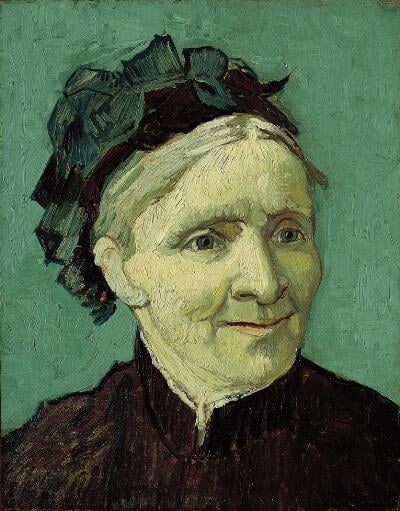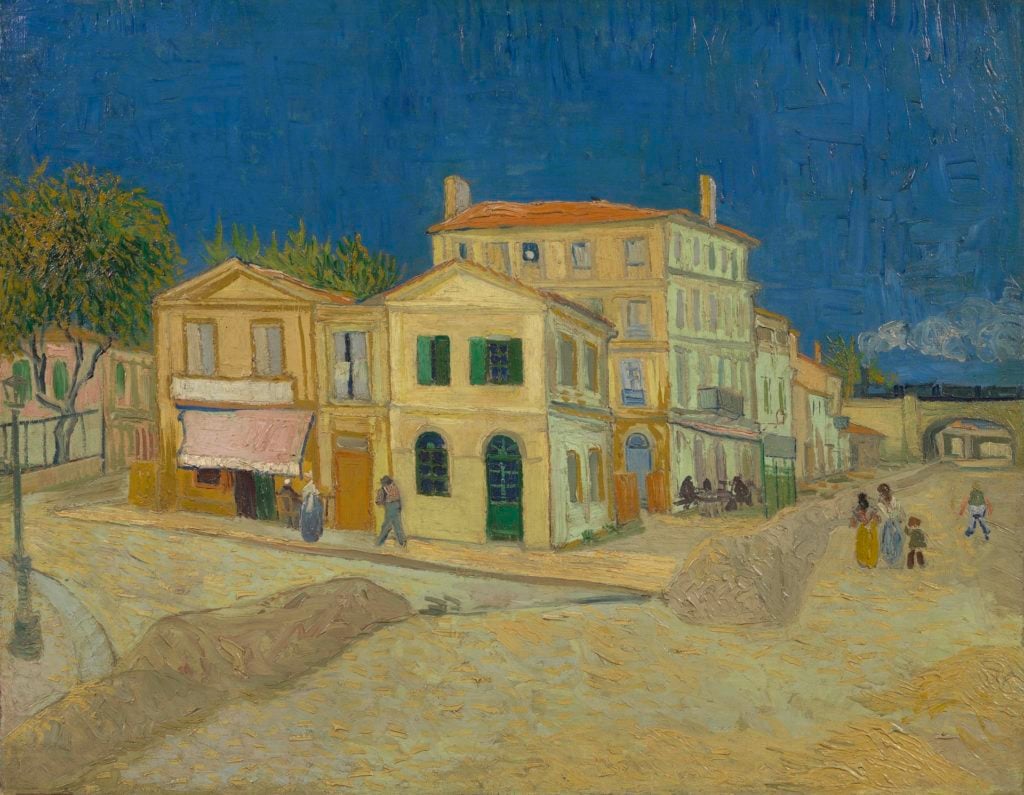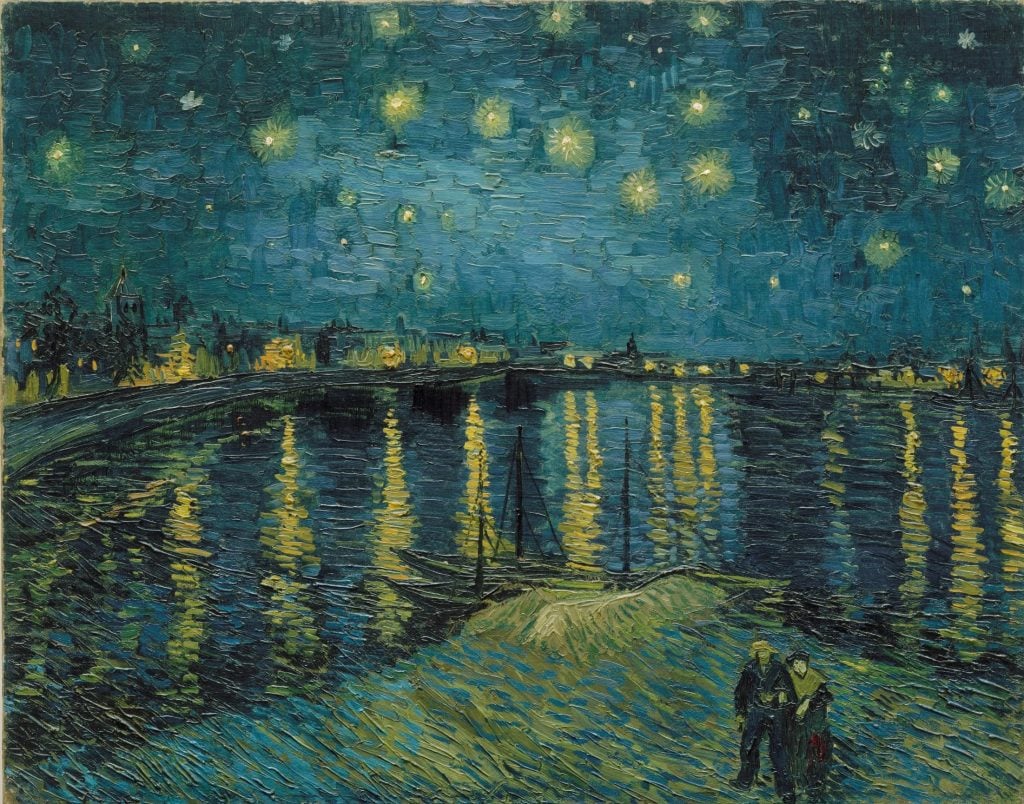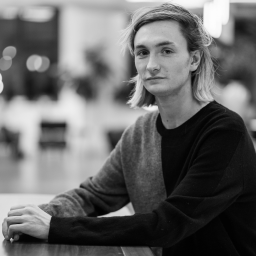Art World
Art Bites: Van Gogh’s Meagre Diet While Painting a Portrait of His Mother
In 1888, Van Gogh wrote his brother asking for money. He hadn't had a proper meal in a week.

What’s the deal with Leonardo’s harpsichord-viola? Why were Impressionists obsessed with the color purple? Art Bites brings you a surprising fact, lesser-known anecdote, or curious event from art history. These delightful nuggets shed light on the lives of famed artists and decode their practices, while adding new layers of intrigue to celebrated masterpieces.
Today, the image of the impoverished artist who subsists on black coffee and tobacco is a romanticized stereotype. But for Vincent van Gogh in the autumn of 1888, it was a stomach-gnawing reality.
It was the first week of October and van Gogh had six francs in his pocket. For close to a week, he had lived off 23 cups of coffee and the odd crust of bread. Seven months earlier, he’d relocated from Paris to the southern French town of Arles and now the fierce seasonal wind, known as a mistral, was further dampening his mood.
Van Gogh did what any middle-class aspiring artist would do: he wrote to his family begging for money. Or, at least, he intended to. He never posted the beseeching plea for funds—letter number 546 out of the more than 600 he sent his brother Theo. Perhaps stamps were too costly.

Vincent van Gogh, The Yellow House (The Street) (1888). Photo courtesy Van Gogh Museum, Amsterdam (Vincent van Gogh Foundation).
“If you were very kind and would send me a louis [a gold coin] by return mail, I could get through the week and be spared the pinching,” Van Gogh wrote on 8 October, 1888. “Without it I should get too run down, and I should not have all my strength.”
Van Gogh famously sold few paintings in his lifetime (his posthumous success owes much to the promotional nous of Johanna, his sister-in-law) and received a monthly allowance of between 100 to 150 francs from his art dealer brother.
Van Gogh had moved into the Yellow House in mid-September, but apart from paying rent and a housekeeper, art supplies were his greatest expense.

Vincent Van Gogh, Starry Night Over the Rhone River (1888). Collection of the Musée d’Orsay, Paris, donation of Mr. and Mrs, Robert Khan-Sriber, 1975. ©Musée d’Orsay, Dist. RMN-Grand Palais/Patrice Schmidt.
“I was wild to see my pictures in frames, and I had ordered too many for my budget,” he wrote. “Today is going to drain me dry because I must also buy some canvas and prepare it myself.”
All the same, Van Gogh was painting prolifically, a veritable “white heat” as he called it. In the preceding fortnight, he had painted, The Yellow House, Starry Night Over the Rhône, and The Ploughed Field. Now, he was working on something sentimental: a portrait of his mother.
“I cannot stand the colorless photograph,” Van Gogh wrote. “I am trying to do one in a harmony of color, as I see her in my memory.”
The letter heralds the impending arrival of his friend and fellow artist Paul Gaugin. Things would not go well. The men argued furiously and by Christmas Eve, Van Gogh would be admitted to the Old Hospital in Arles.





